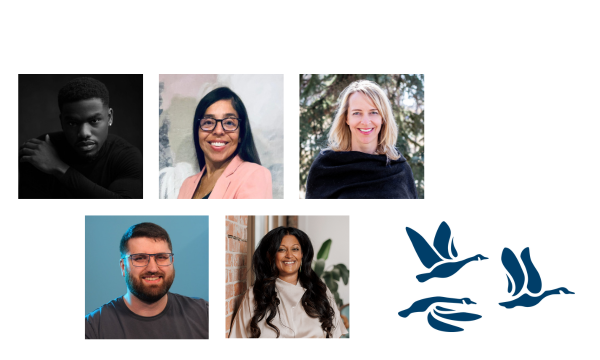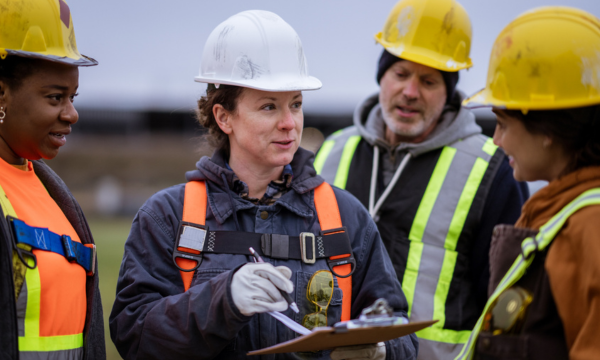Séance de téléapprentissage numéro 16 : Bâtir une économie plurielle axée sur les personnes
Comment l’économie sociale participe-t-elle à l’élaboration d’un nouveau cadre de politiques publiques axé sur le développement social et économique et sur la durabilité de l’environnement ?
- Quelles sont les politiques publiques qui soutiennent une économie plurielle axée sur les personnes au Canada et à l’échelle internationale ?
- De quoi disposons-nous pour soutenir les politiques publiques et l’économie sociale au Canada ?
- À l’échelle internationale quels sont les résultats et les tendances des politiques publiques déterminés par la recherche et sont-ils pertinents dans les contextes et les priorités actuels ?
- Concernant ces enjeux, quelles sont les possibilités de participation ?
Cette séance présente les interventions des personnes suivantes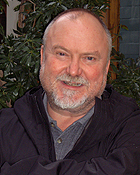 : Rupert Downing, directeur général sortant du Réseau canadien de DÉC et codirecteur du Centre canadien d’économie sociale ; Crystal Tremblay, étudiante de deuxième année de doctorat et chercheuse en politiques publiques au Centre canadien d’économie sociale de l’Université de Victoria ; et Jorge Sousa, professeur adjoint, département de politique de l’enseignement, Université de l’Alberta. La séance est animée par Leslie Brown, professeure et directrice de la faculté de sociologie et d’anthropologie, Université Mount Saint-Vincent. Les praticiennes/praticiens et les chercheuses/chercheurs participeront à la discussion : Comment l’économie sociale participe-t-elle à l’élaboration d’un nouveau cadre de politiques publiques axé sur le développement social et économique et sur la durabilité de l’environnement ?
: Rupert Downing, directeur général sortant du Réseau canadien de DÉC et codirecteur du Centre canadien d’économie sociale ; Crystal Tremblay, étudiante de deuxième année de doctorat et chercheuse en politiques publiques au Centre canadien d’économie sociale de l’Université de Victoria ; et Jorge Sousa, professeur adjoint, département de politique de l’enseignement, Université de l’Alberta. La séance est animée par Leslie Brown, professeure et directrice de la faculté de sociologie et d’anthropologie, Université Mount Saint-Vincent. Les praticiennes/praticiens et les chercheuses/chercheurs participeront à la discussion : Comment l’économie sociale participe-t-elle à l’élaboration d’un nouveau cadre de politiques publiques axé sur le développement social et économique et sur la durabilité de l’environnement ?
INFORMATION LOGISTIQUE :
- Date : Jeudi 3 décembre 2009
- Heure : midi HNE, 9 h HNP
- Les renseignements concernant la téléconférence sont donnés lors de l’inscription (coordonnées, numéro d’identification) ainsi que les documents d’information
- Veuillez vous inscrire avant le 27 novembre
- Cette séance est en anglais
FORMAT DE LA SÉANCE :
- Durée : 1 heure
- Bienvenue : 5 min
- Présentations : 10 min par personne
- Discussion : 25 min
INSCRIPTION :
Vous pouvez vous inscrire par téléphone au 250-386-9980 poste 102 ou par courriel à avec votre nom, votre lieu de résidence votre poste professionnel ou bénévole.
Le nombre de places est limité – inscrivez-vous dès maintenant !
Telelearning Session 16: Building a People-Centered Economy
How the Social Economy is co-constructing a new public policy framework for social and economic development and environmental sustainability.
- What are some public policies that support a people-centered economy in Canada and internationally?
- What materials are currently available to support public policy and the social economy in Canada?
- What are the international descriptions of outcomes and trends in public policy identified in the research and do they have relevance to current settings and priorities?
- What are the opportunities for engagement on these issues?
This special telelearning session features Rupert Downing, former Executive Director of the Canadian CED Network and Co-director for the Canadian Social Economy Research Hub. Crystal Tremblay, second year PhD student and researcher for the Social Economy Research Hub at the University of Victoria in public policy and Jorge Sousa, Assistant Professor in the Department of Educational Policy Studies at the University of Alberta. With facilitation by Leslie Brown, Professor and Chair in the Department of Sociology and Anthropology at Mount Saint Vincent University, practitioners and researchers will discuss how the Social Economy is co-constructing a new public policy framework for social and economic development and environmental sustainability. Please join us!
CALL LOGISTICS:
- Session Date: Thursday, December 3rd 2009
- Call begins at 12:00 pm Eastern time, 9:00 am Pacific time
- Call-in information will be given upon registration
- Register before November 27th to obtain dial in information and background papers
- This session is in English.
SESSION FORMAT: 1 Hour
Welcome: 5 min
Presentations: 10 min by each speaker
Discussion: 25 minutes
REGISTRATION:
Register by phoning 250-386-9980 x 102, or e-mailing with your name, location, and work or volunteer position.
Limited number of spaces available – Register soon!
>BIOGRAPHIES:
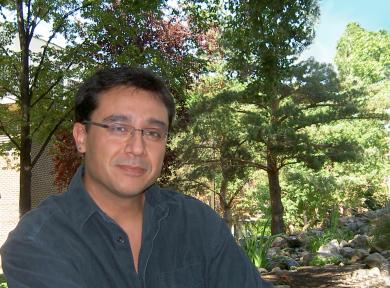 Jorge Sousa is Assistant Professor in the Department of Educational Policy Studies at the University of Alberta in Edmonton. He holds a PhD from The Ontario Institute for Studies in Education of the University of Toronto. His primary inspiration for working in the realm of community development was based on his experiences of converting public housing to co-operative housing and as president of the Graduate Students’ Union at the University of Toronto. Jorge is comfortable working with different research methodologies, in particular mixed methods approaches. His primary research approach is community based, which results in research outcomes that have significant social value. He often works with community-based non-profit organizations to conduct research as well as participate in planning processes relevant to capacity building and development.
Jorge Sousa is Assistant Professor in the Department of Educational Policy Studies at the University of Alberta in Edmonton. He holds a PhD from The Ontario Institute for Studies in Education of the University of Toronto. His primary inspiration for working in the realm of community development was based on his experiences of converting public housing to co-operative housing and as president of the Graduate Students’ Union at the University of Toronto. Jorge is comfortable working with different research methodologies, in particular mixed methods approaches. His primary research approach is community based, which results in research outcomes that have significant social value. He often works with community-based non-profit organizations to conduct research as well as participate in planning processes relevant to capacity building and development.
Areas of research expertise all fall within the context of the intersection of community development and adult education. He is primarily engaged in research aimed at understanding and strengthening Canada’s Social Economy. He is currently working with stakeholders interested in converting public housing into some form of tenant managed arrangement. The objective of this work is to develop appropriate learning strategies and to institute a process that can account for the needs of citizens as they take control of their housing community.
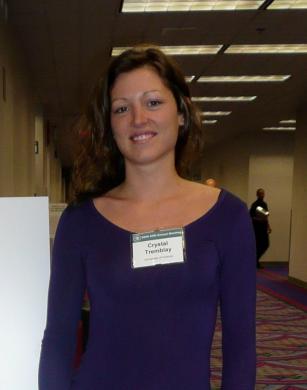 Crystal Tremblay is a second year PhD student and researcher for the Social Economy Research Hub at the University of Victoria in public policy. She completed an undergraduate honors degree with a specialization in resource management from the Dept. of Geography at Concordia University in 2001, and an MA in Social Geography from the Dept. of Geography at the University of Victoria in 2007. Her MA research explored the socio-economic significance of the informal recovery of recyclable beverage containers in Vancouver, British Columbia. The results of this research indicate that the appropriate policies valuing the ‘binning’ activity, as the collection of recyclables is locally ca
Crystal Tremblay is a second year PhD student and researcher for the Social Economy Research Hub at the University of Victoria in public policy. She completed an undergraduate honors degree with a specialization in resource management from the Dept. of Geography at Concordia University in 2001, and an MA in Social Geography from the Dept. of Geography at the University of Victoria in 2007. Her MA research explored the socio-economic significance of the informal recovery of recyclable beverage containers in Vancouver, British Columbia. The results of this research indicate that the appropriate policies valuing the ‘binning’ activity, as the collection of recyclables is locally ca




